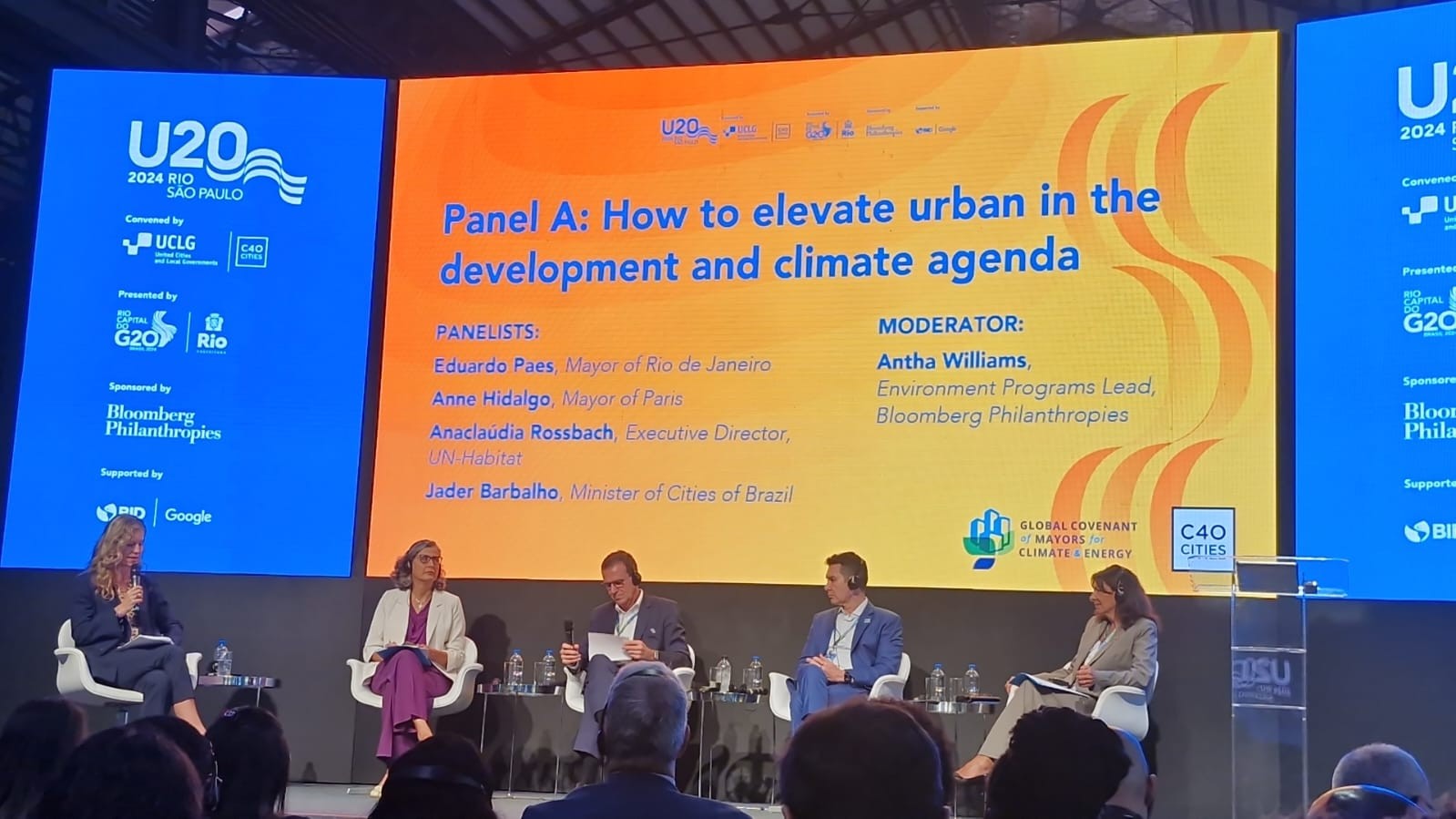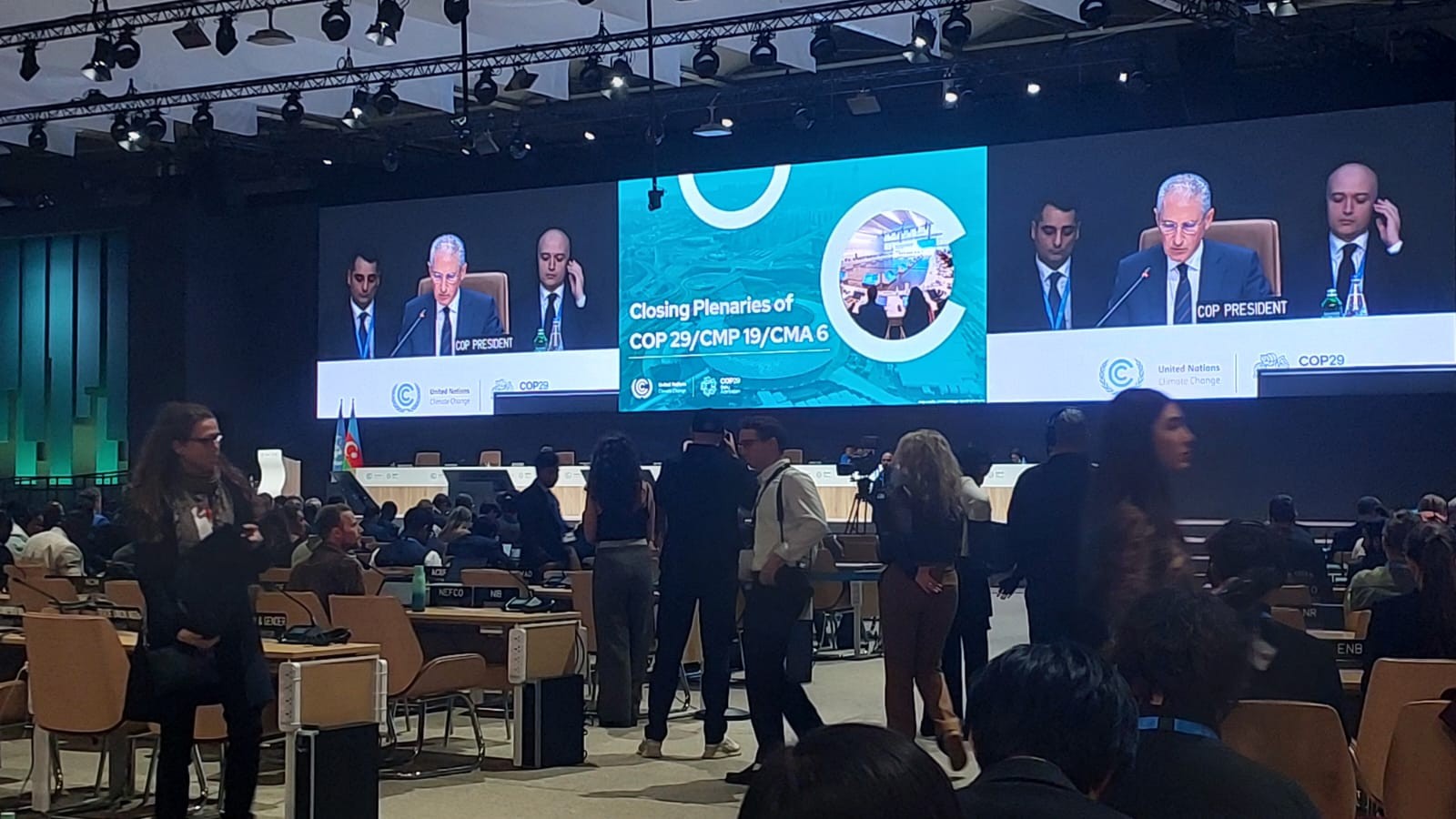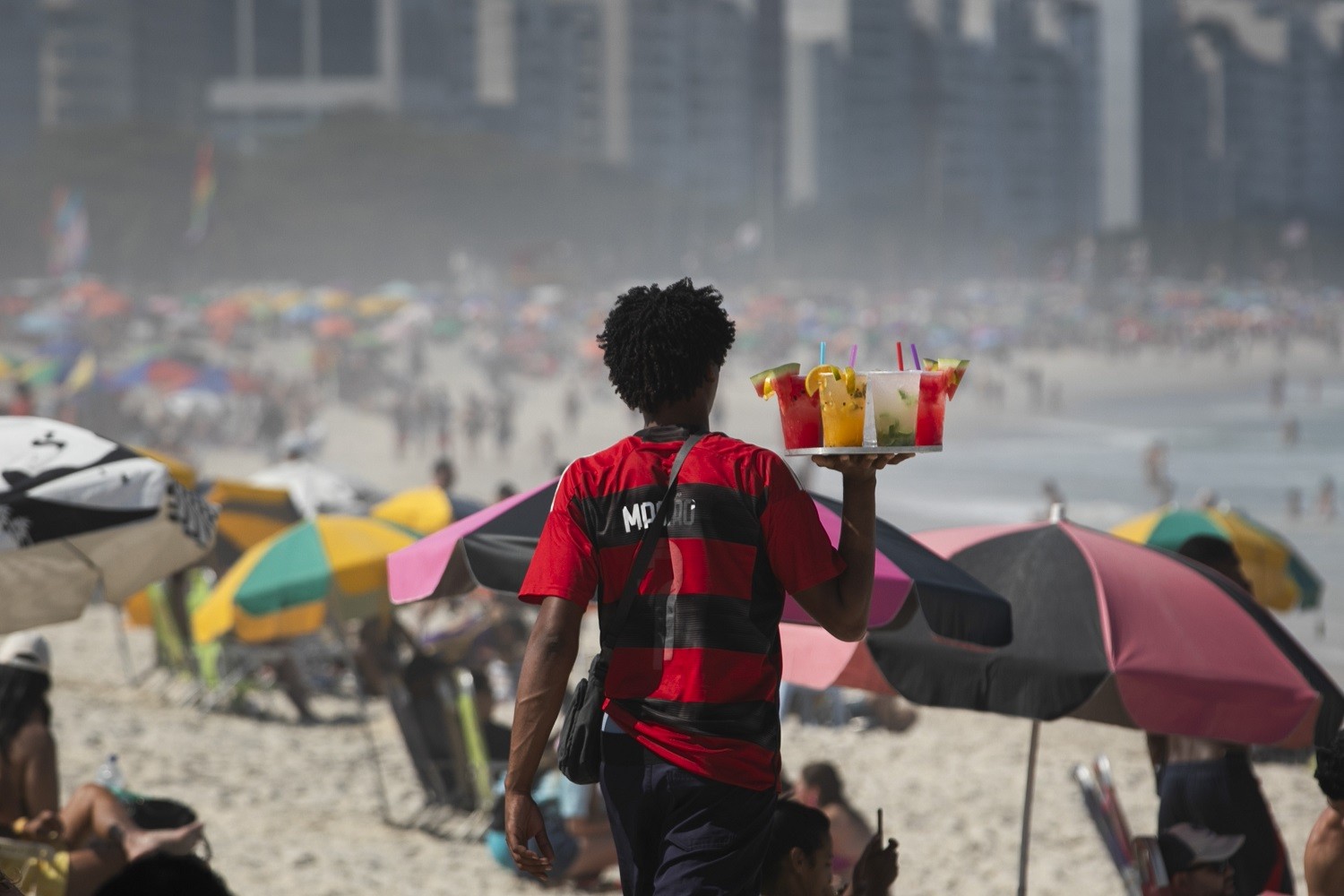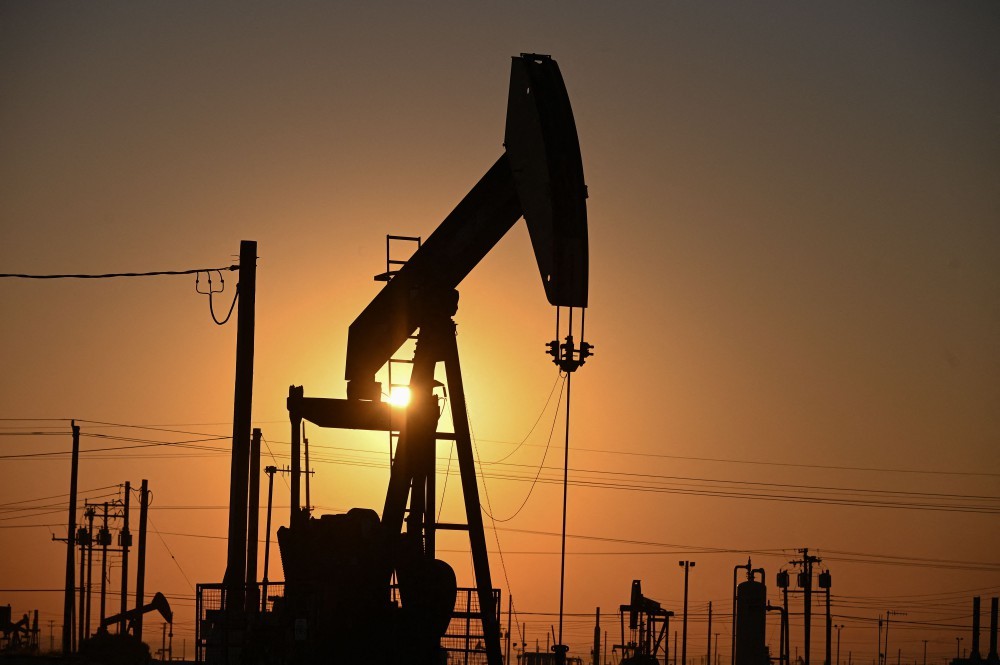Mayors discuss US$ 800 billion annual investment for climate change adaptations
Panel held at Armazém da Utopia this Saturday, penultimate day of meeting During a panel at Armazém da Utopia this Saturday, attended by leaders of the U20, which brings together the world's largest cities, the mayors of Rio de Janeiro, Eduardo Paes, and Paris, Anne Hidalgo, stated that the current G20 edition is an opportune moment to advance discussions on climate change and how to finance necessary adaptations. At the meeting, Paes and Hidalgo acted as spokespersons for the C20, the Global Covenant of Mayors for Climate and Energy, and the C40 Cities network. It is estimated that $800 billion in investments from national governments and development and financing institutions will be needed annually until 2030. G20 in Rio: See how traffic and commerce will be during the mega-holiday in the capital Fun in Rio: 20 paired activities for the G20 holiday weekend in Rio de Janeiro — The major challenge we have is finding a faster way to secure these resources. We have a rare political opportunity. Tomorrow, we will discuss the matter with President Lula. The idea is that, as the current president of the G20 and next year at Cop30 in Belém, he will bring these demands to world leaders — said the mayor. The study estimating these resources is based on work conducted by Paes, Hidalgo, and American economist Jeffrey Sachs over a year and a half, which also identified alternative sources of financing, such as banks and international development entities. However, Anne Hidalgo noted that a wave of denialism might hinder these cities' demands: — There are several national leaders who think like us, that cities can move faster in adapting to climate change. But there are opposing forces, powerful interests, as we can see from Javier Milei in Argentina to the elected president of the United States, Donald Trump, who work to discredit science and deny climate change — said Anne. The mayor continued: — There are populists who portray our cities as elitist. They argue that rural areas need to be valued. But cities depend on the countryside for food, just as the countryside needs cities as markets for their products. We have allies to counter this populist and fascist view. One of them is President Lula. In democracy, there can be no room for discredit and defamation — added Anne. The minister of Cities, Jader Filho, stated that the federal government acknowledges the leadership of cities and aims to provide resources through initiatives like the Growth Acceleration Program (PAC). — Decisions cannot come from the air-conditioned offices in Brasília, especially in a country as vast as Brazil. Mayors and governors know the priorities. But there are also challenges. Many medium and small cities need investments but cannot secure them due to a lack of projects. The translation of this text into english was carried out by Project Irineu, O GLOBO's initiative to develop artificial intelligence tools. Here is the link to the original report.


Panel held at Armazém da Utopia this Saturday, penultimate day of meeting During a panel at Armazém da Utopia this Saturday, attended by leaders of the U20, which brings together the world's largest cities, the mayors of Rio de Janeiro, Eduardo Paes, and Paris, Anne Hidalgo, stated that the current G20 edition is an opportune moment to advance discussions on climate change and how to finance necessary adaptations. At the meeting, Paes and Hidalgo acted as spokespersons for the C20, the Global Covenant of Mayors for Climate and Energy, and the C40 Cities network. It is estimated that $800 billion in investments from national governments and development and financing institutions will be needed annually until 2030. G20 in Rio: See how traffic and commerce will be during the mega-holiday in the capital Fun in Rio: 20 paired activities for the G20 holiday weekend in Rio de Janeiro — The major challenge we have is finding a faster way to secure these resources. We have a rare political opportunity. Tomorrow, we will discuss the matter with President Lula. The idea is that, as the current president of the G20 and next year at Cop30 in Belém, he will bring these demands to world leaders — said the mayor. The study estimating these resources is based on work conducted by Paes, Hidalgo, and American economist Jeffrey Sachs over a year and a half, which also identified alternative sources of financing, such as banks and international development entities. However, Anne Hidalgo noted that a wave of denialism might hinder these cities' demands: — There are several national leaders who think like us, that cities can move faster in adapting to climate change. But there are opposing forces, powerful interests, as we can see from Javier Milei in Argentina to the elected president of the United States, Donald Trump, who work to discredit science and deny climate change — said Anne. The mayor continued: — There are populists who portray our cities as elitist. They argue that rural areas need to be valued. But cities depend on the countryside for food, just as the countryside needs cities as markets for their products. We have allies to counter this populist and fascist view. One of them is President Lula. In democracy, there can be no room for discredit and defamation — added Anne. The minister of Cities, Jader Filho, stated that the federal government acknowledges the leadership of cities and aims to provide resources through initiatives like the Growth Acceleration Program (PAC). — Decisions cannot come from the air-conditioned offices in Brasília, especially in a country as vast as Brazil. Mayors and governors know the priorities. But there are also challenges. Many medium and small cities need investments but cannot secure them due to a lack of projects. The translation of this text into english was carried out by Project Irineu, O GLOBO's initiative to develop artificial intelligence tools. Here is the link to the original report.
Qual é a sua reação?


































